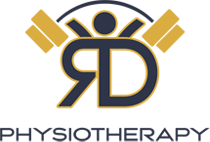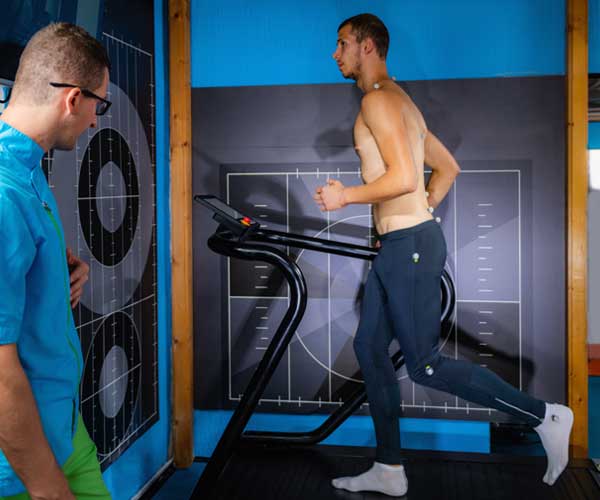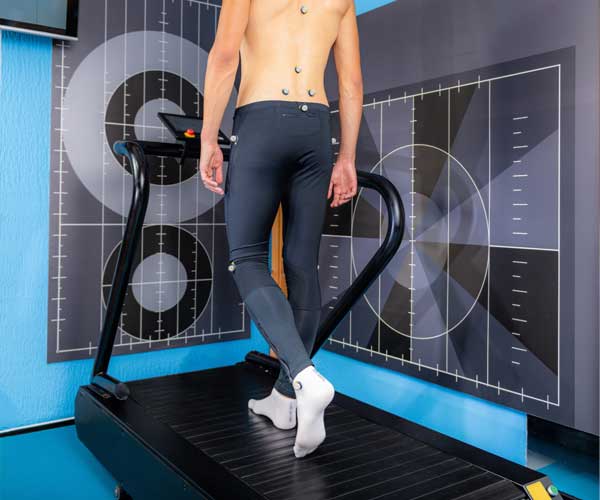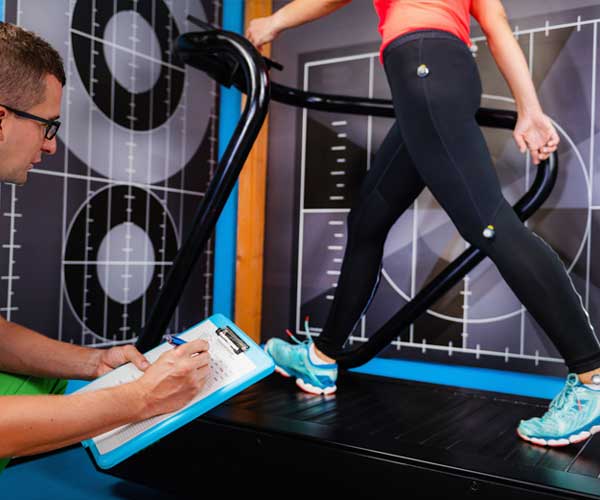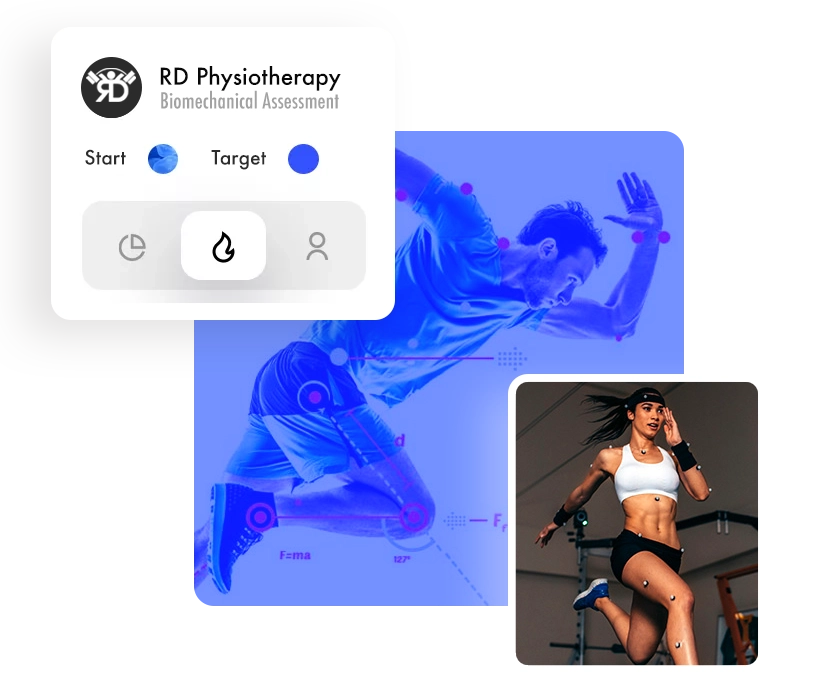This includes how muscles, bones, tendons, and ligaments work together to produce movement. A biomechanical assessment is a detailed assessment of an individual’s walking or running style. An assessment is required when a patient is feeling continuing pain felt in the lower limbs during their chosen activity. Here at RD Physiotherapy we take an in-depth look at the position of the hips, legs, knees and feet in standing and how they move in walking or running. We will take certain measurements and strength testing to use as a comparison in later sessions.
Which symptoms or conditions require a biomechanical assessment?
There are several symptoms or conditions that may require a biomechanical assessment.
These include:
- Flat feet
- Foot, knee or hip pain during walking or running
- Leg length discrepancy
- Abnormal gait (walking style)
- Foot drop
Treatment following a biomechanical assessment.
Our physiotherapists at RD Physiotherapy are experienced in performing biomechanical assessments and treating biomechanical problems. There are several treatments your physiotherapist may use to treat biomechanical problems including:
- Adapting walking style
- Muscle compensation correction
- Strengthening exercises
- Stretching exercises
- Modification Advice on activity
- Exercise Programming
3. Individualised Programmes
Specific physiotherapy rehabilitation programs are a must if you want to improve your daily health or are seeking to improve your performance in your chosen activity or field.
Initially, we take a deep dive into your goals and your dream outcomes in the first session. This way we can cater a specific and individualised plan to target the exact milestones you will need to achieve optimal performance and recovery. This will also take away any guess that will stop you achieving optimal results.
Your assessment will involve:
1. A comprehensive Biomechanical Examination to analyse your body’s movement
patterns including any compensatory patterning.
2. Explanation of the objectives and method of each specific exercise
3. Introduction to a gym programme. This programme will be changed every 12 weeks.
4. Instruction as to the correct technique when performing the exercises
The goals of our rehab programs are:
1. To manage your pain better and allow you to be more independent.
2. To increase your level of activity
3. To help you return to the things you like doing in your social life.
4. To support you with your own individualised goals
5. To improve your mood
6. To help you improve performance and outcomes in your chosen field.
7. To give you the tools and strategies to help you move forward with your life.
